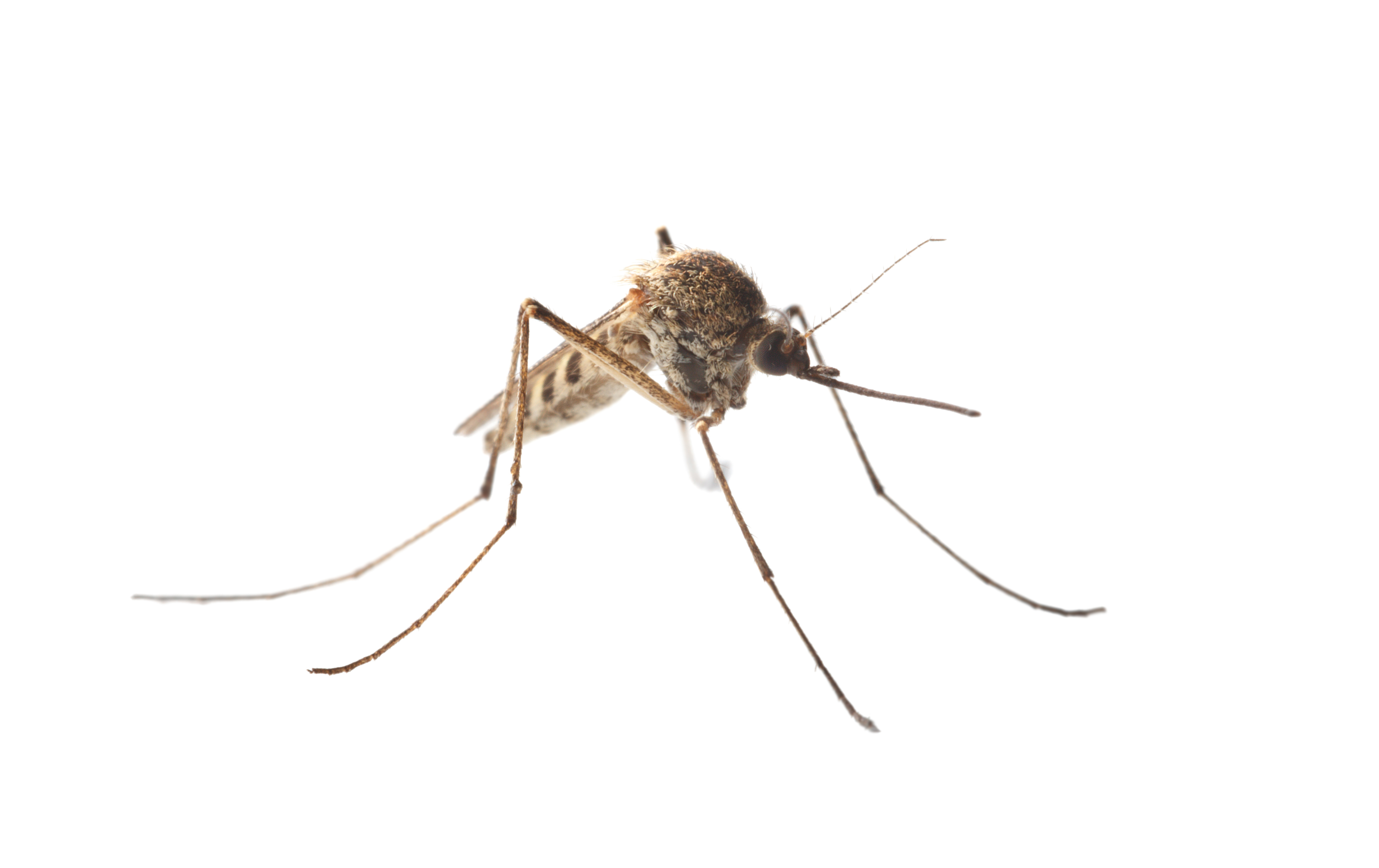First West Nile Virus Death of a Larimer County Resident This Year
The Larimer County Department of Health and Environment (LCDHE) is reporting the first West Nile virus (WNV) death of a Larimer County resident this year. The Fort Collins adult passed away from neuroinvasive WNV.
“We are saddened by this loss and extend our deepest condolences to this resident’s loved ones,” says Tom Gonzales, Larimer County Public Health Director. “This death underscores the potentially serious nature of West Nile virus.”
So far this year, there have been 20 confirmed cases of WNV in Larimer County, with ages ranging from 24 to 86.
West Nile virus is most commonly spread to people by the bite of an infected mosquito. Symptoms typically appear three to 14 days after being bitten and may include fever, severe fatigue, headache, body aches, skin rash and swollen lymph nodes. While most people infected with West Nile virus don’t have symptoms, some can develop a serious, potentially deadly illness. People aged 55 years and older and those with certain medical conditions are at greater risk of serious illness. Talk with a health care provider if you develop a fever with severe headaches or confusion.
“Even as the weather gets cooler and we start seeing fewer mosquitoes, trap data still show that mosquitoes in Larimer County are carrying the virus,” adds Gonzales. “We continue to urge everyone to take precautions. It's crucial to protect yourselves and your families.”
The Health Department urges all residents to adopt effective protective measures to prevent mosquito bites:
- Regularly use an EPA-registered insect repellent.
- Wear loose-fitting long-sleeved shirts and pants for long walks, gardening, and other times outside.
- Avoid outdoor activities during peak biting times around dawn and dusk.
The Larimer County Department of Health and Environment closely monitors West Nile virus prevalence in the community through partnerships with municipalities, a mosquito abatement company, and Colorado State University to assess the risk to Larimer County residents.
To learn more about West Nile virus and how to protect yourself, visit: www.larimer.gov/westnile.
###

